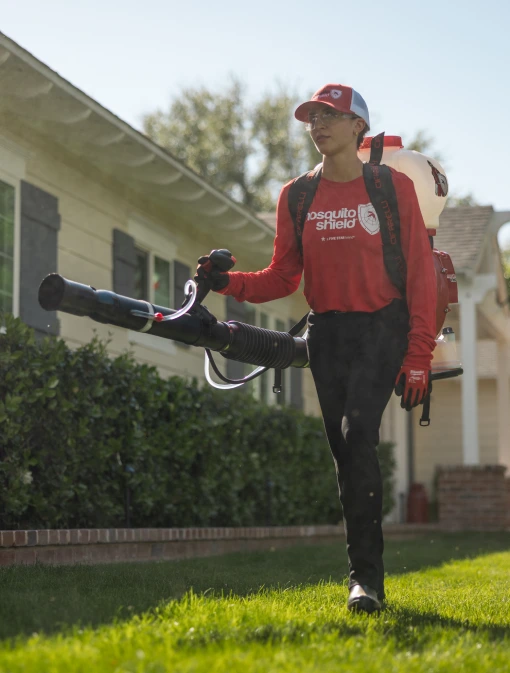Experience relaxation and peace in your Lakeland backyard with our proven mosquito control solution. Trusted by families in Lakeland, our innovative approach not only repels mosquitoes but also establishes a durable barrier customized to your outdoor environment. Mosquito Shield of Memphis is dedicated to creating mosquito-free zones, so you can enjoy your outdoor spaces without interruption.
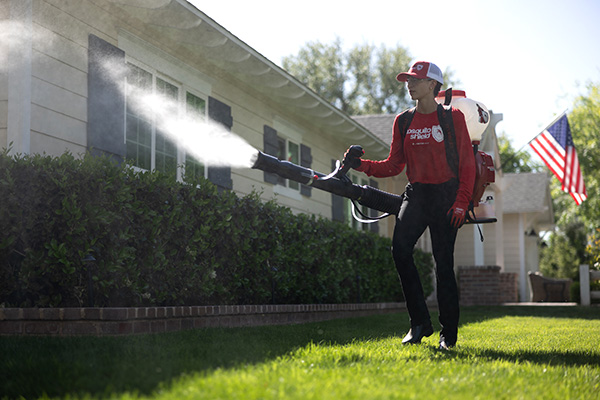
Effective mosquito control in Lakeland, TN that drives mosquitoes away and keeps them out of your yard.

Enjoy mosquito-free outdoor time in Lakeland with treatments designed to provide lasting results.
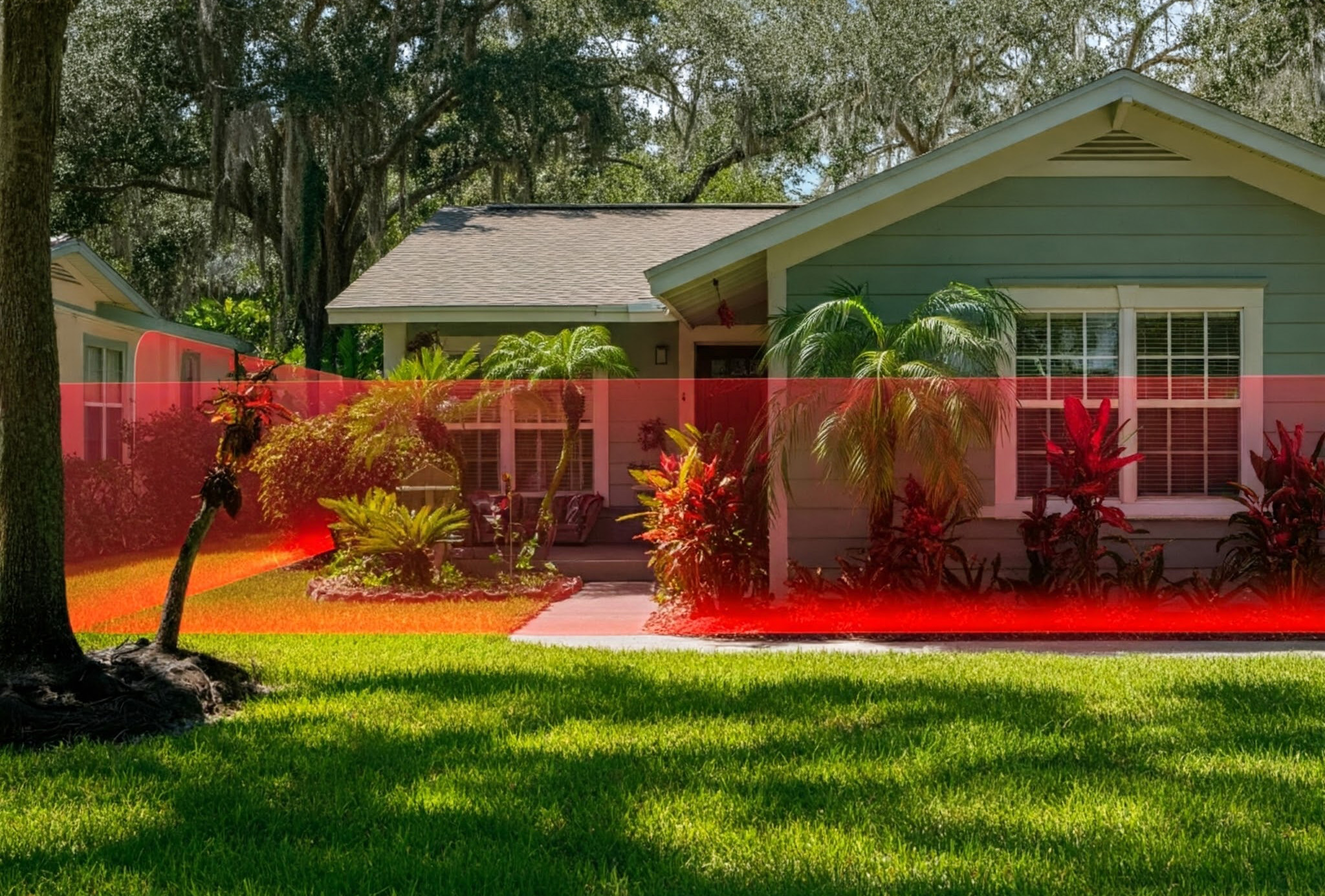
Highly rated mosquito control services in Lakeland, trusted by residents to enhance outdoor living.
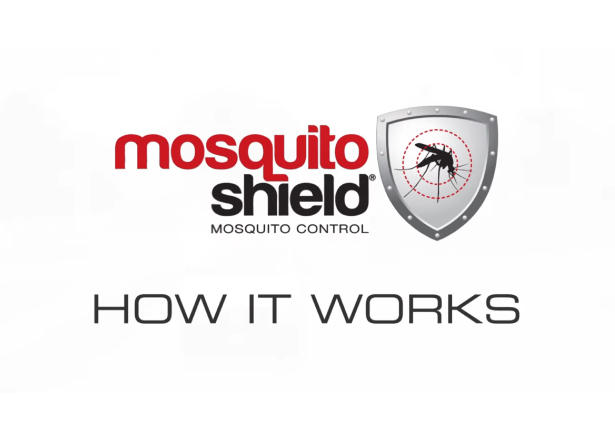
Lakeland, Tennessee, is a vibrant suburb of Memphis, celebrated for its scenic landscapes, including the expansive Garner Lake, and a strong sense of community. The city’s blend of natural beauty and suburban charm makes it an ideal place for families and outdoor enthusiasts.
In Lakeland, residents face seasonal threats from mosquito-borne illnesses such as West Nile Virus and La Crosse Encephalitis, as well as tick-borne diseases like Lyme disease and Anaplasmosis. With many outdoor spaces and natural features integrated into the community, managing mosquito and tick activity is essential to protect both residents and pets.
To mitigate these risks, local authorities and residents are encouraged to:
Eliminate standing water in birdbaths, gutters, and containers to disrupt mosquito breeding grounds.
Wear insect repellent and protective clothing when spending time outdoors, especially during dawn and dusk.
Utilize professional mosquito and tick control services to treat residential properties and communal areas.
The Shelby County Health Department’s Vector Control Program offers mosquito surveillance, larval and adult mosquito abatement, and public education to reduce mosquito-borne disease threats in Lakeland and surrounding areas.

Lakeland experiences warm, humid summers and mild winters, with mosquito and tick activity typically increasing in late spring and continuing through early fall. Rainfall and irrigation can lead to standing water, providing breeding grounds for mosquitoes, while ticks are most active in spring and autumn, particularly in wooded and grassy areas.
Mosquitoes and Proximity to Water Features: Lakes, ponds, and wetlands in and around Lakeland contribute to higher mosquito populations during warmer months.
Ticks and Dense Vegetation: Forested trails, overgrown yards, and shaded areas offer ideal habitats for ticks during their peak seasons.
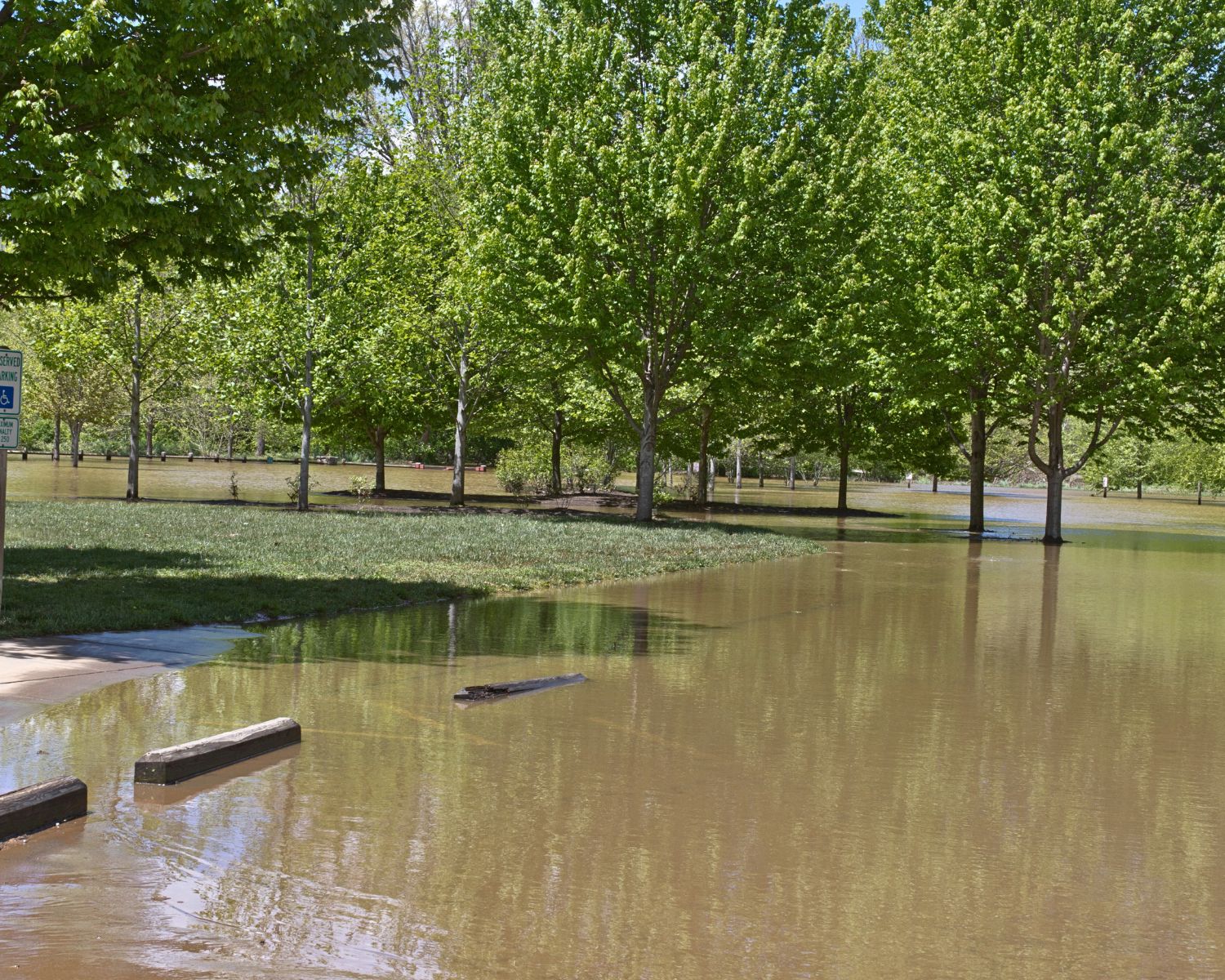
No. We are incredibly conscious of what we do and realize how it can impact our environment if applied erroneously. That’s why our technicians are trained to recognize:
